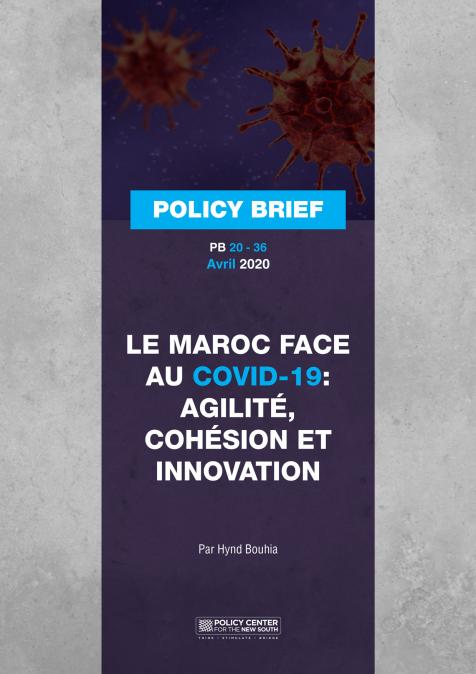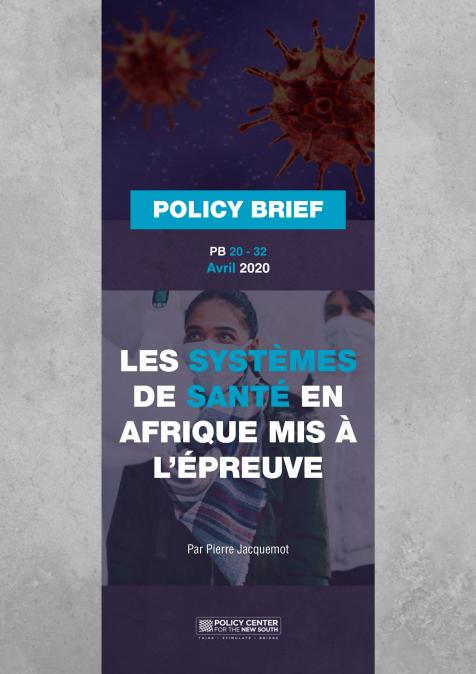This year marks the 50th anniversary of the declaration of the “war on drugs” by President Richard Nixon. Since then, law-enforcement responses are primarily used to counter the production, trafficking and consumption of illegal drugs. The international control regime based on the prohibition paradigm, and grounded in the three international drug conventions (1961, 1971 and 1988), consolidated national and regional fights against illegal drugs and supported the focus on drug elimination in national laws. In parallel, and while the regime focused on its main objective and countries implemented international agreements, the “unintended consequences” –as they are referred to by the UN since 2008– of this same regime became more dire, to the point of slowing other global development objectives. Public health efforts have been destabilised by current drug policies. For people who inject drugs’ (PWID), access to services has been impeded by the criminalisation of their behaviour. As a result, today, 17.8% of PWID live with HIV, 52.3% are infected with hepatitis C, and the prevalence of tuberculosis among this population is 9.1%. Another unintended consequence is that access to controlled essential medicines, including morphine for pain relief, is inadequate for 80% of the world’s population, affecting mainly low- and middle-income countries (the New South). Drawing on the poorest populations for its workforce, the illegal drugs market creates enormous profits to criminal organizations, with an estimated annual turnover between USD 426 and 652 billion. The high market value of this illegal market and its attractiveness to people with few economic opportunities then feeds mass incarceration, with one in five of the eleven million prisoners worldwide incarcerated for a drug offense. The result is a complex situation that undermines, in turn, the achievement of just and fair societies as part of sustainable development. Other issues include the inadequate collection of data directly related to the international drug control regime. In 2018, 269 million people were estimated to use drugs globally. Yet that figure represents only people who were arrested or sought treatment. It is therefore not currently possible to have disaggregated and effective data on problematic drug use. The use and conditions referred to as ‘problematic’ have the potential to undercut health, social integration, economic prosperity, and all other development indicators. Within that perspective, this event will serve as a platform for experts to discuss common approaches to drug policies, appreciate current policies’ interactions with the rule of law, health, and the fight against organized crime, and to discuss pathways to address contemporary and emerging challenges related to drugs. The objectives of this expert debate are three-fold: - To discuss drug policy in the New South and in Africa, and attract attention to its cross-cutting economic, social, and cultural challenges; and to reenergize the debate on drug policy control as the policies on the ground are taking diverging directions; - To facilitate the exchange of experiences, lessons learned, and good practices between countries that have been reforming their policies in the last decade; - To provide a space where emerging solutions for the next decade are discussed and defined by experts and global leaders.









